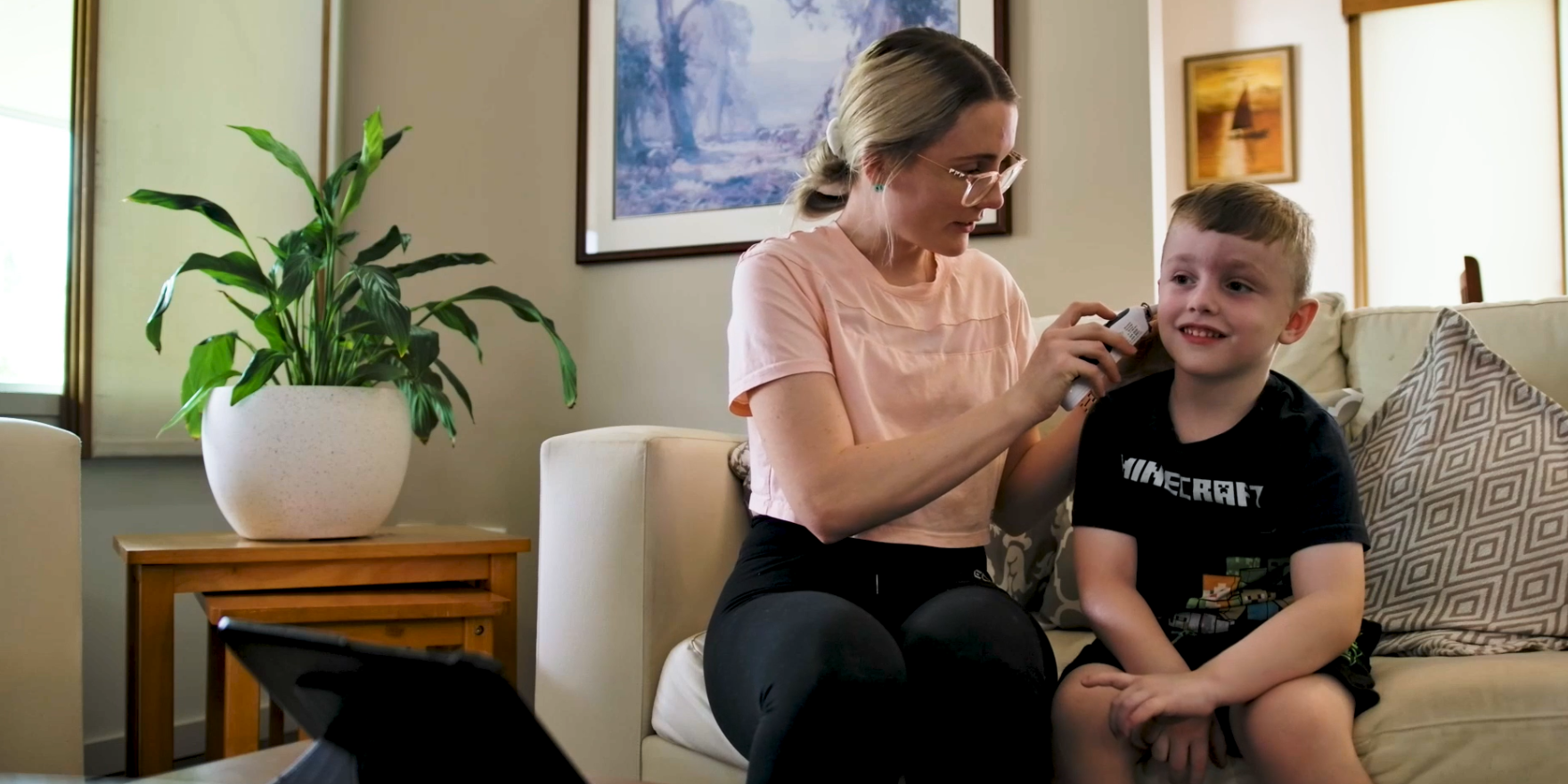Recent analysis of the Mackay Hospital in the Home program shows use of virtual technology saved health providers on average more than $3500 per admission.
An Australian study co-authored by Telstra Health and Mackay Hospital and Health Service (part of Queensland Health) reveals the quality and sustainability of home-based acute care models can be improved through virtual care technology.
Published in the Asia Pacific Journal of Health Management (volume 18, issue 3), the study analysed 151 adult and 26 paediatric patients admitted to the Mackay Hospital in the Home (MHITH) program between 1 August 2020 and 30 June 2021. All patients assessed utilised virtual care technology for the majority, or all, of their home-based acute care.
The study measured readmissions within 28 days, unplanned emergency department (ED) presentations, transfers-in to facility-based hospital beds, and average length of stay among the patients.
Findings from the study showed use of virtual technology was associated with a statistically significant reduction in risk of hospital readmission within 28 days – from 43% to 21%. In addition, the risk of hospital readmission within 28 days for the same diagnosis-related group (DRG) dropped from 18% to 4%, and length of stay in hospital for the top three DRGs by volume decreased from a mean of 7.2 days to 4.0 days, saving the health provider an average of $3698 per admission.
Use of virtual care technology was also associated with reduced rates of unplanned ED presentations and transfers-in to traditional hospital beds compared to usual care for adults.
Vickie Irving, Head of Clinical Innovation & Effectiveness and Deputy Chief Health Officer at Telstra Health said:
“We’re proud to provide one of Australia’s first evidence-based studies to show the beneficial impacts virtual care technology can have for both healthcare providers and patients – from cost savings to reducing the risk of hospital readmission.”
The study was co-authored by Cathie LaRiviere, Manager Virtual Health at Mackay Hospital and Health Service, Judi Cavanagh, Program Officer at Mackay Hospital and Health Service, Vickie Irving, Head of Clinical Innovation & Effectiveness and Deputy Chief Health Officer at Telstra Health, James Brown, Commercial Strategy Manager at Telstra Health and Brian Dorricott, former Head of Data Science at Telstra Health.
In 2020 Mackay Base Hospital implemented Telstra Health’s virtual care technology as part of the Care in the Right Setting Hospital in the Home (HiTH) program. Designed to deliver inpatient standard of care to patients at home, the program combines the use of virtual health monitoring devices and a dedicated patient app for recording vital signs and data with home visits and video consultations from the clinical team.
“Despite evidence that Hospital in the Home (HITH) models of care are a safe, reliable, and cost-effective alternative to in-hospital care for suitable patients, we know there is sub-optimal uptake in Australia,” Vickie added.
“We wanted to assess the clinical and financial impacts of virtual care technology on HITH models of care. The statistically significant results in the study show clinical, economic and consumer benefits are associated with embedding virtual care technology in HITH service models. These important findings raise considerations for health systems facing capacity constraints and rising costs.”
Read the full study here.

